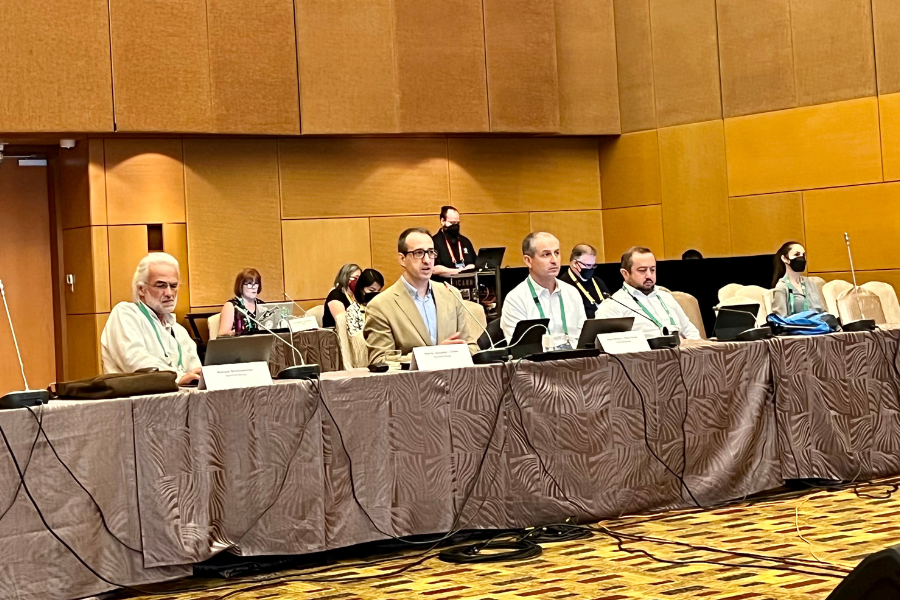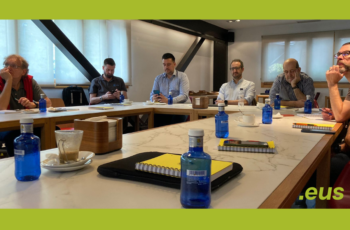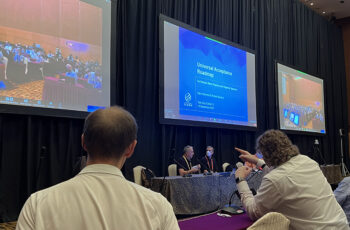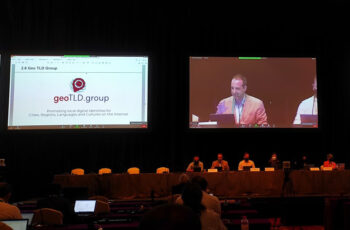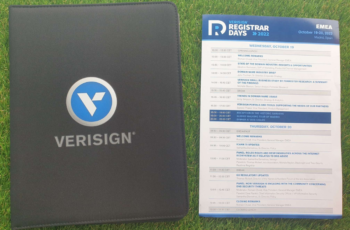PUNTUEUS ( https://www.puntu.eus/en) , the ICANN accredited Registry Operator of .eus (a TLD devoted to the promotion of the Basque language and culture), presented its cyber security model at the ICANN75 Annual General Meeting being held in Kuala Lumpur from September 17 to 22, where the main global players of the domain name industry gathered. PUNTUEUS, which has been a very active player in this form since the beginning, was also there.
In this international conference, ICANN reserved a space dedicated to the cyber security of GeoTLDs, where Josu Waliño, CEO of PUNTUEUS, took the floor to explain the keys to the Cybersecurity strategy and mechanisms adopted with regards to .eus.
Waliño explained how their model is based on public-private partnership, in coordination with the official security organizations of the Basque Government (BCSC and IZENPE), and emphasized that the PUNTUEUS Foundation is an active member of the main Cybersecurity associations of the Basque Country and the world.
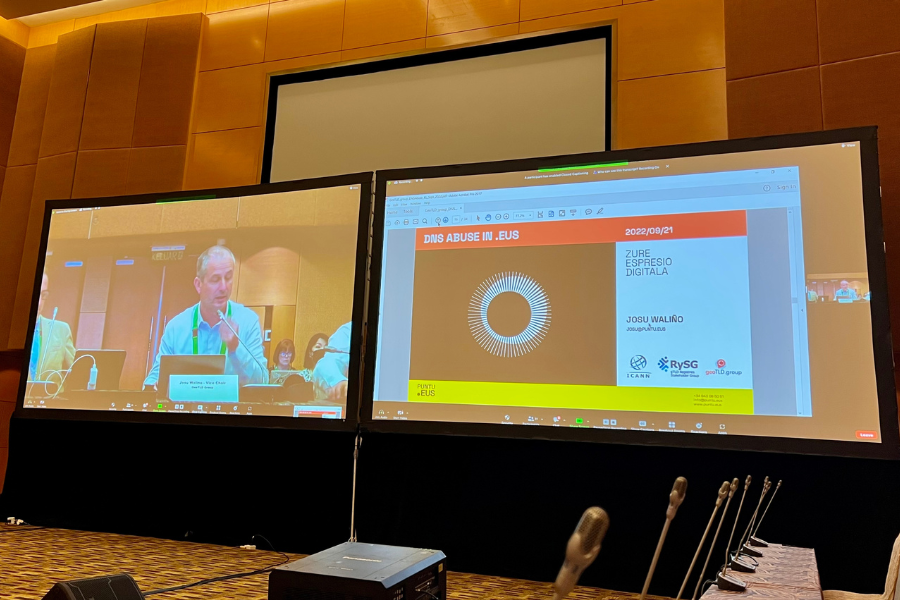
In order to guarantee the digital security of users, “the websites under .EUS are constantly supervised by PUNTUEUS“, said Waliño. Thanks to this active surveillance, they anticipate inappropriate use, risks and threats on websites. “Thanks to the tools we use to predict threats, in 2021, we identified and addressed 277 risks,” concluded Waliño. 235 of them, which is 85%, were “malicious” domains, in fact domains created with malicious intent. Most (200) were generated by algorithms and all others (35) were suspected of misuse. These domains were detected and suspended by PUNTUEUS. The other domains detected by surveillance were attacked by a third party. Once they were identified, the website owners were informed of the attack and helped to solve the problem, as it is common for website owners to be unaware of the attack until then.
The .eus report shows how GeoTLDs keep a very close rein on potential DNS abuses. Their governance model, based on their proximity to the communities they represent, makes them some of the most secure areas for users on the Internet.
